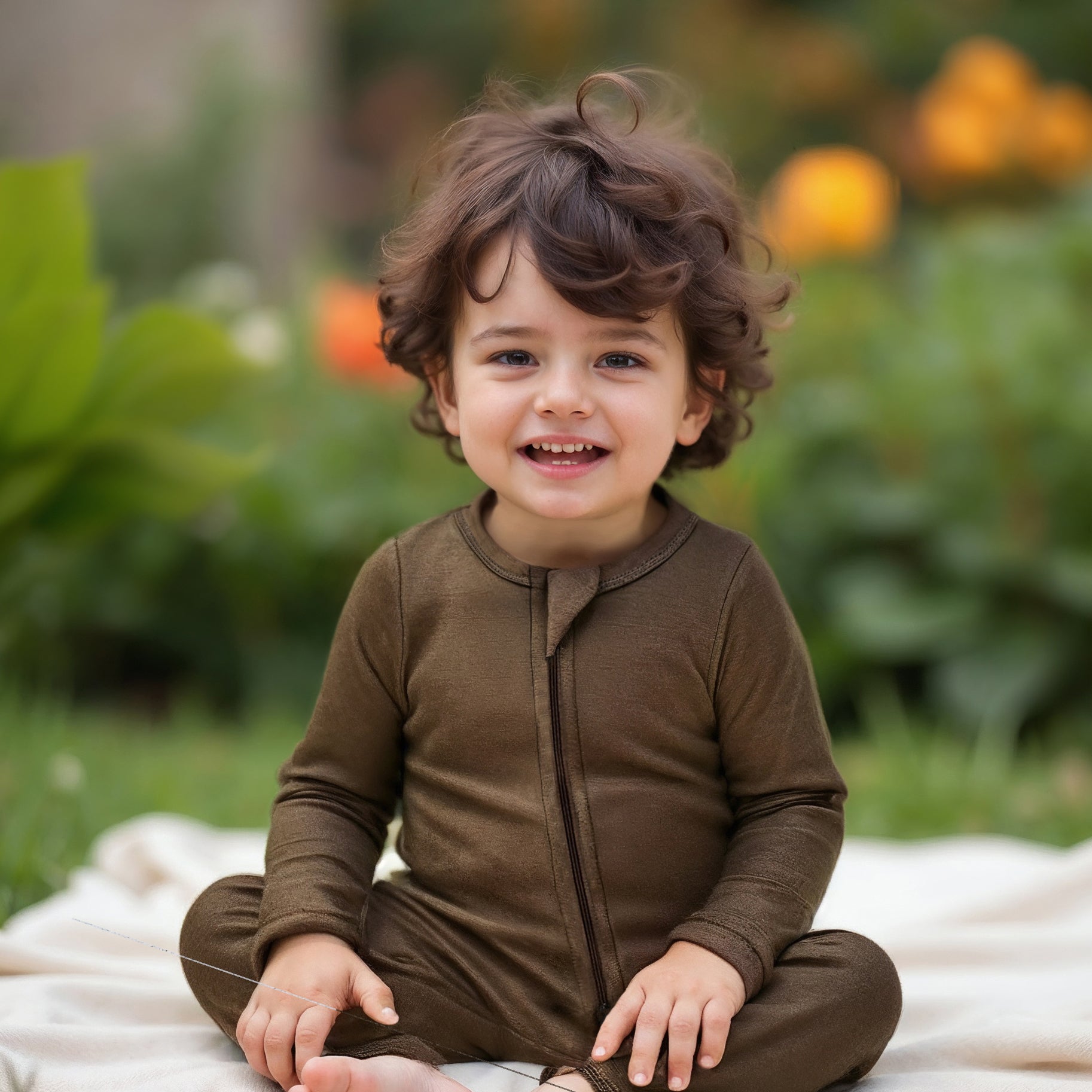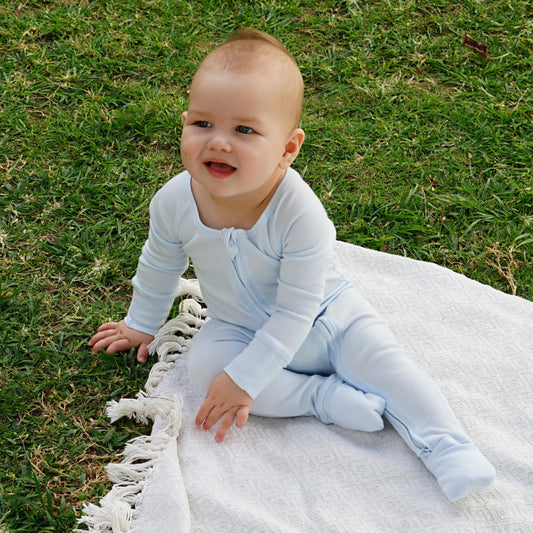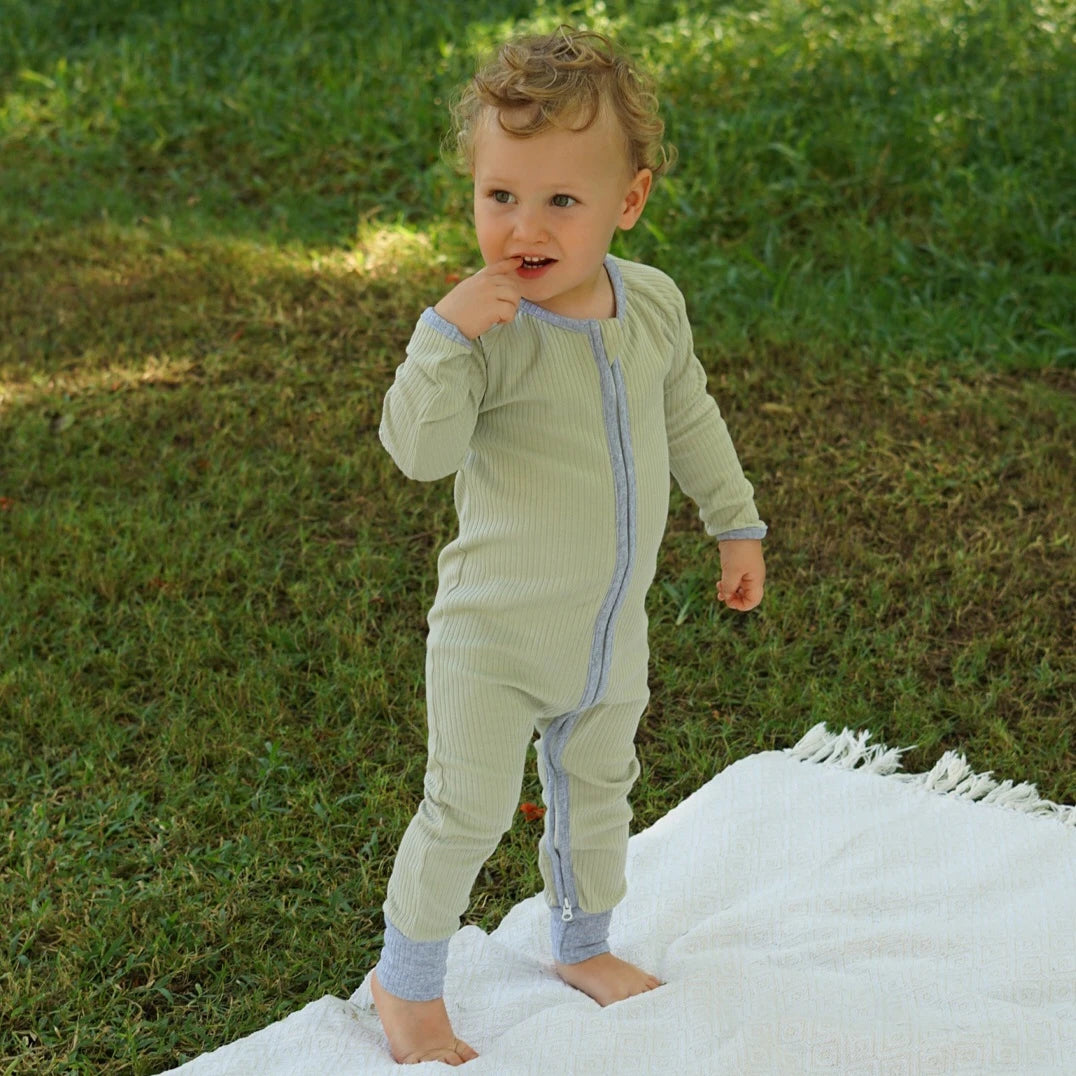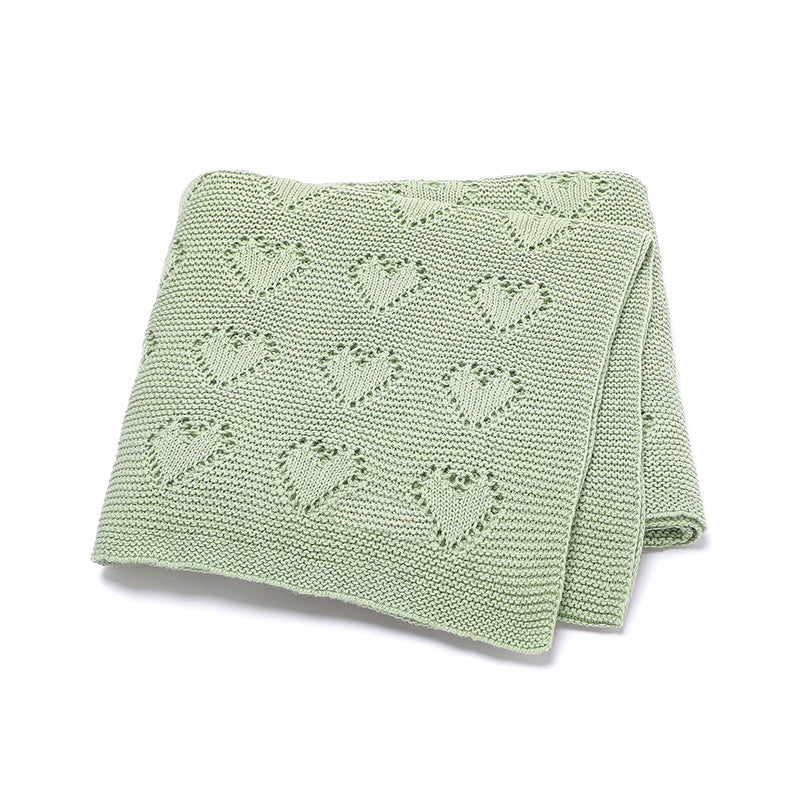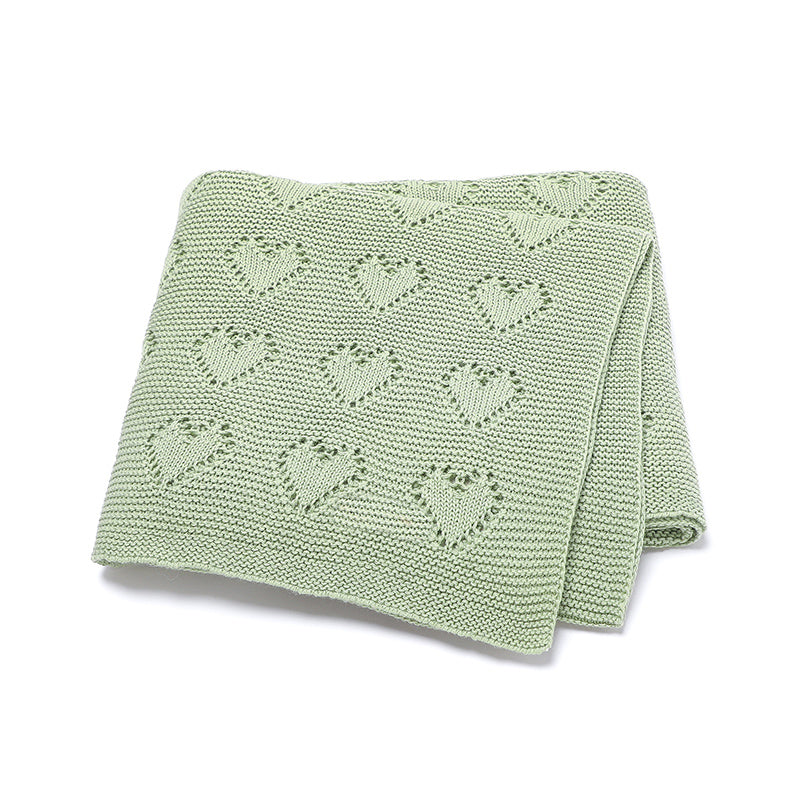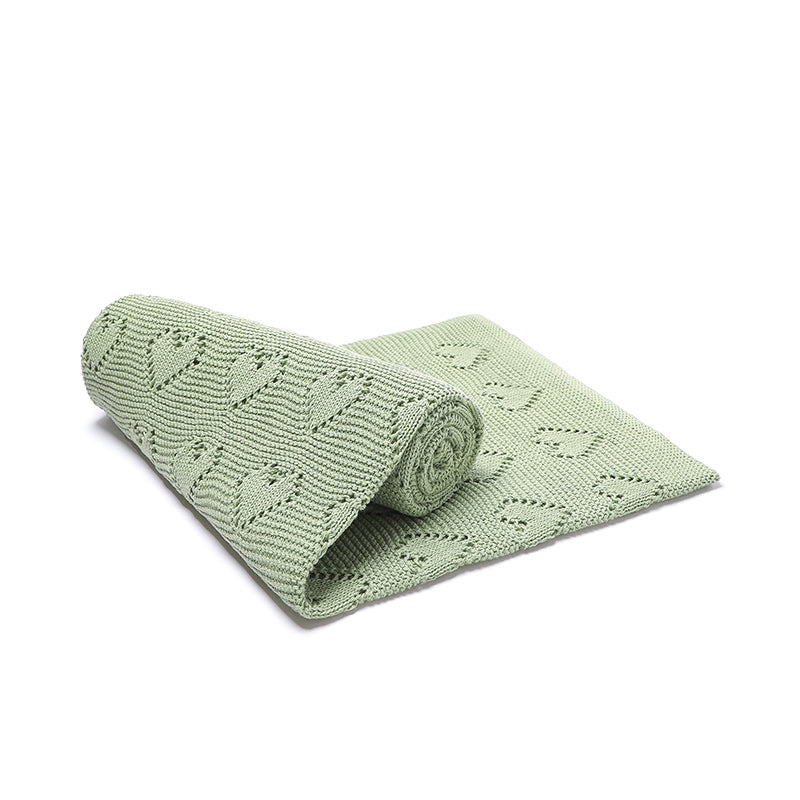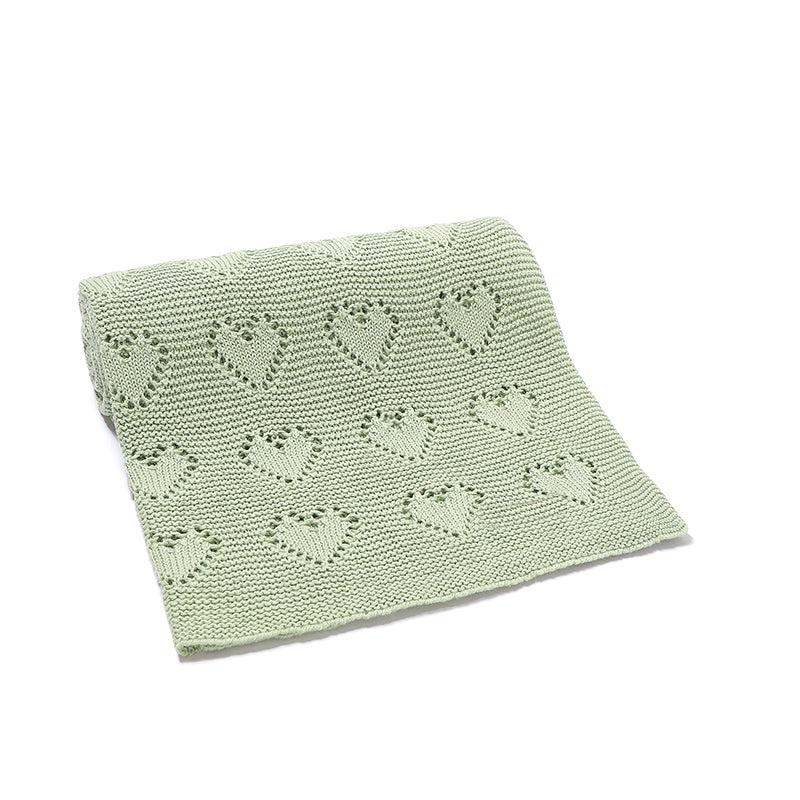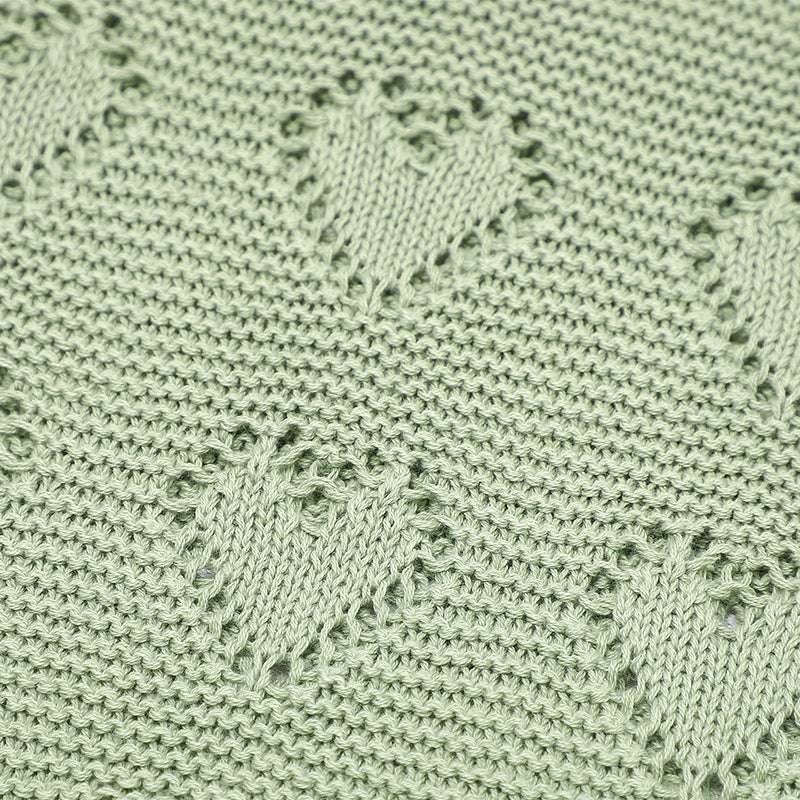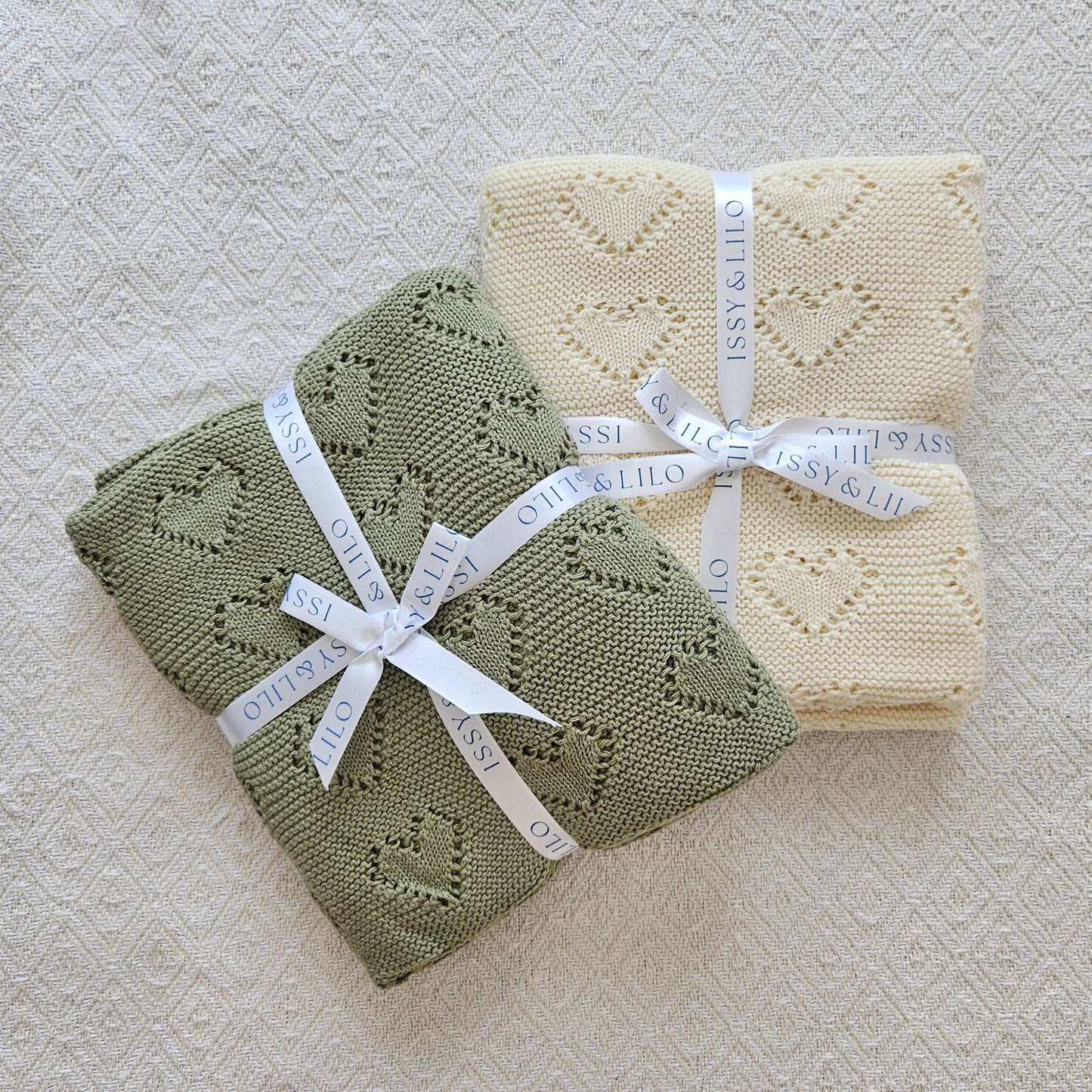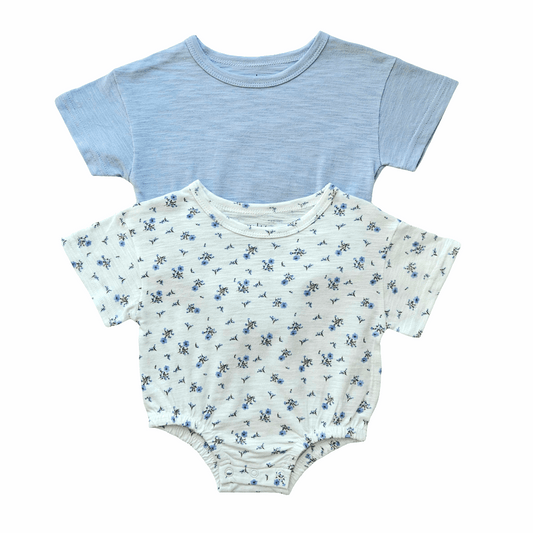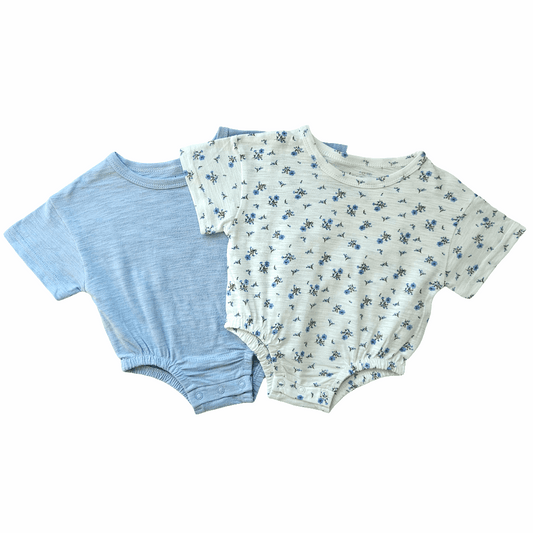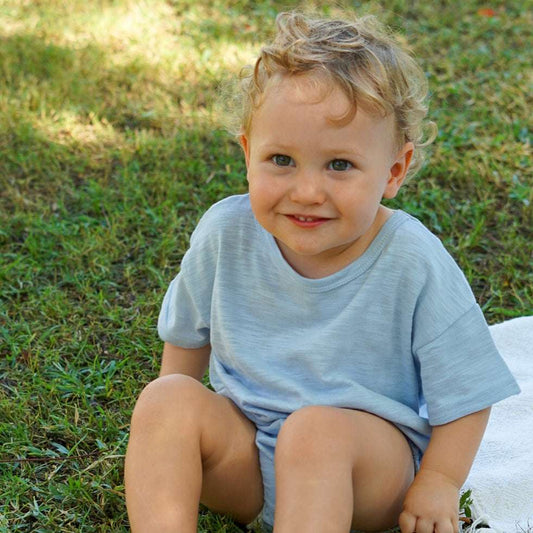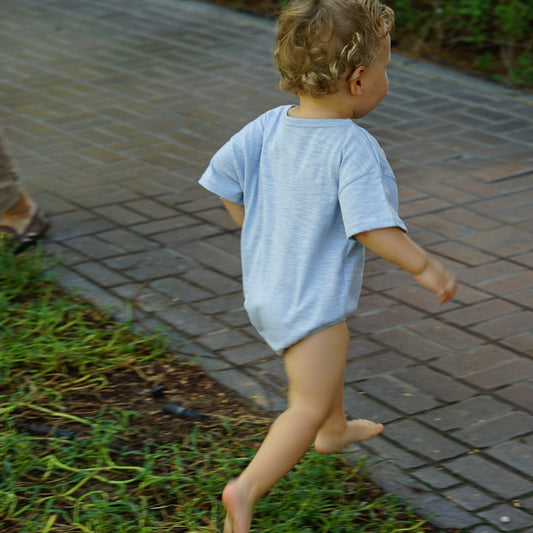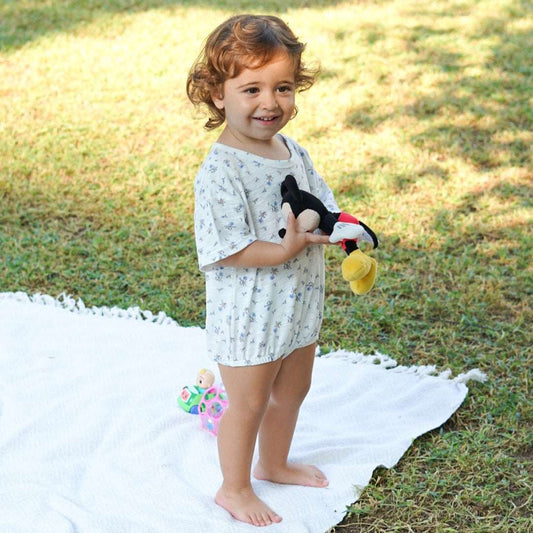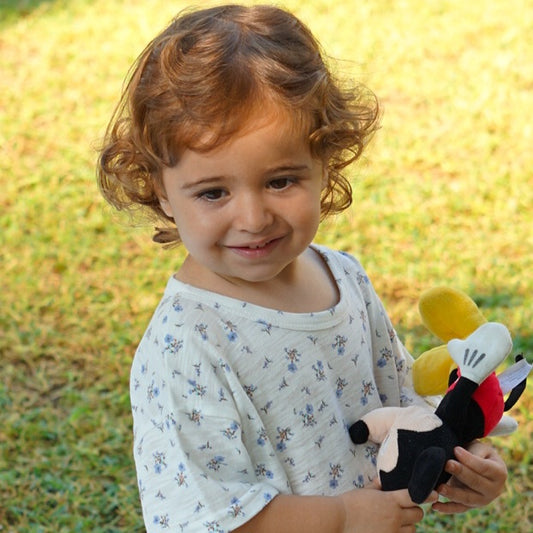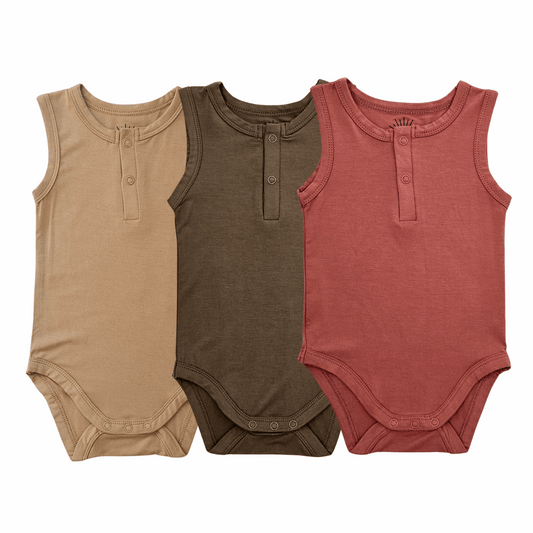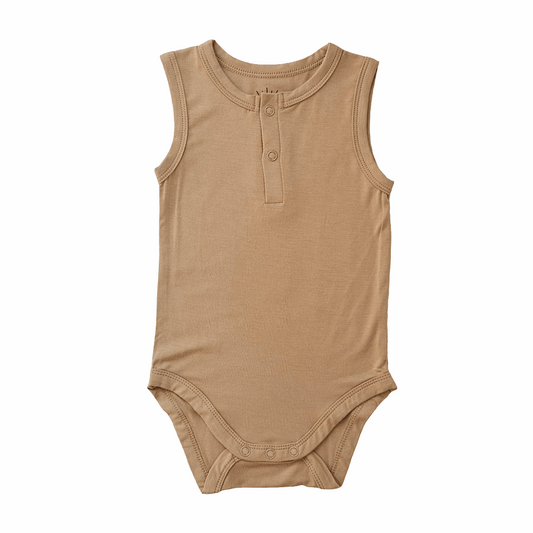In today’s world, sustainability isn’t just a trend—it’s a necessity. As parents, we have the opportunity to teach our children the importance of protecting the planet while leading by example. Raising eco-conscious kids starts with small, meaningful changes in your daily life. From using eco-friendly baby products to instilling environmental values, sustainable parenting is a rewarding journey that benefits your family and the earth.
Why Sustainable Parenting Matters
Parenting comes with countless choices, many of which impact the environment. Disposable diapers, plastic toys, and fast fashion contribute to growing waste and pollution. However, sustainable parenting allows you to reduce your family’s environmental footprint while raising kids who care about the planet.
This blog will guide you through simple steps to incorporate sustainability into your parenting journey, from using eco-friendly baby products to teaching environmental responsibility.
1. Start with Eco-Friendly Baby Products
Choosing sustainable baby essentials is one of the easiest ways to start your eco-conscious journey. Opt for products made from natural, biodegradable, or recyclable materials.
Must-Have Eco-Friendly Baby Products:
• Bamboo Swaddles: Soft, breathable, and biodegradable, bamboo swaddles are perfect for your baby’s sensitive skin.
• Organic Cotton Newborn Clothes: These clothes are free from harmful chemicals and gentle on both your baby and the planet.
• Bamboo Pajamas: Hypoallergenic and moisture-wicking, these are ideal for bedtime while being environmentally friendly.
• Reusable Baby Accessories: Replace disposable items like wipes with reusable bamboo washcloths.
Pro Tip: At Issy & Lilo, we prioritize sustainability in our products, ensuring they’re both eco-friendly and high-quality.
2. Reduce Waste with Simple Changes
Small adjustments can significantly reduce waste in your household:
• Cloth Diapers: Opt for washable cloth diapers instead of disposables to cut down on landfill waste.
• Reusable Bags: Use fabric bags for storing baby items or shopping for baby care products.
• Second-Hand Shopping: Buy gently used baby clothes or toys to reduce demand for new production.
Quick Tip: Invest in versatile items like bamboo swaddles, which can be used as blankets, nursing covers, or burp cloths, reducing the need for multiple single-use products.
3. Teach Environmental Values Early
Your children are never too young to learn about sustainability. Incorporate environmental lessons into their daily life through fun and engaging activities.
Activities to Teach Sustainability:
• Gardening: Plant a small garden with your kids to teach them about the importance of plants and reducing food waste.
• Recycling Games: Make sorting recyclables into bins a fun and educational activity.
• Storytime: Choose books with themes about protecting nature and caring for animals.
FAQ: How can I teach a toddler about recycling?
Start by explaining what belongs in each bin, using bright colors or pictures to make it easier for them to understand.
4. Choose Sustainable Toys and Gear
Plastic toys are often short-lived and contribute to waste. Look for eco-friendly alternatives that are durable and safe for your child:
• Wooden Toys: Choose toys made from sustainably sourced wood.
• Organic Fabric Accessories: Items like infant hair bands or headbands for newborns can be made from organic materials.
• Eco-Friendly Playmats: Opt for playmats made from natural or recycled materials.
5. Lead by Example: Be a Role Model
Children learn best by observing their parents. Show them what sustainable living looks like by practicing these habits:
• Reusable Items: Use reusable water bottles, shopping bags, and utensils.
• Energy Conservation: Turn off lights when leaving a room and unplug devices when not in use.
• Local and Seasonal Foods: Cook meals using fresh, locally sourced ingredients to reduce the carbon footprint.
6. Celebrate Progress, Not Perfection
Sustainability is a journey, not a destination. Celebrate the small steps your family takes toward reducing waste and making eco-friendly choices.
• Track Your Impact: Keep a family journal to record the changes you’ve made and their positive effects.
• Make It Fun: Celebrate milestones with activities like a nature hike or a picnic using sustainable products.
Pro Tip: Focus on progress, not perfection. Even small changes can have a big impact over time.
7. The Role of Eco-Friendly Baby Products in Sustainable Parenting
Eco-friendly baby products are a cornerstone of sustainable parenting. They reduce waste, are safer for your child, and often have a longer lifespan compared to conventional alternatives.
Why Choose Issy & Lilo for Eco-Friendly Baby Essentials?
• Sustainably Sourced Materials: Our products, like bamboo clothing and organic cotton newborn clothes, are crafted with the environment in mind.
• Multi-Functionality: Items like bamboo swaddles can be used in multiple ways, reducing the need for additional products.
• Affordable Premium Quality: We believe premium quality should be accessible without compromising on sustainability.
Small Steps Lead to Big Changes
Raising eco-conscious kids starts with the choices you make as a parent. By incorporating eco-friendly products, reducing waste, and teaching environmental values, you’re setting the foundation for a greener future. Remember, every small step counts.
Explore Issy & Lilo’s collection of eco-friendly baby products to support your sustainable parenting journey. Together, we can nurture the planet while raising the next generation of environmentally conscious citizens.


